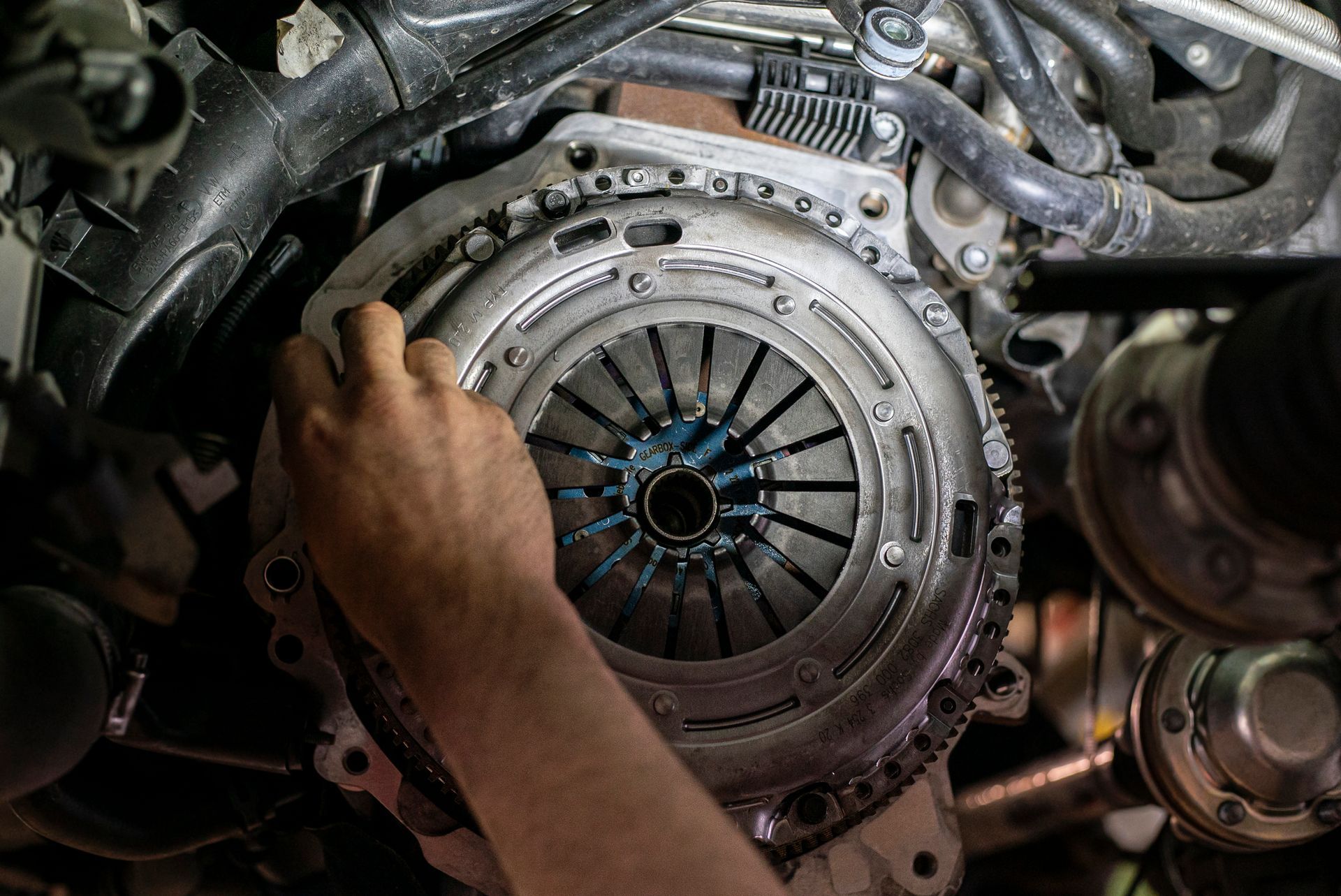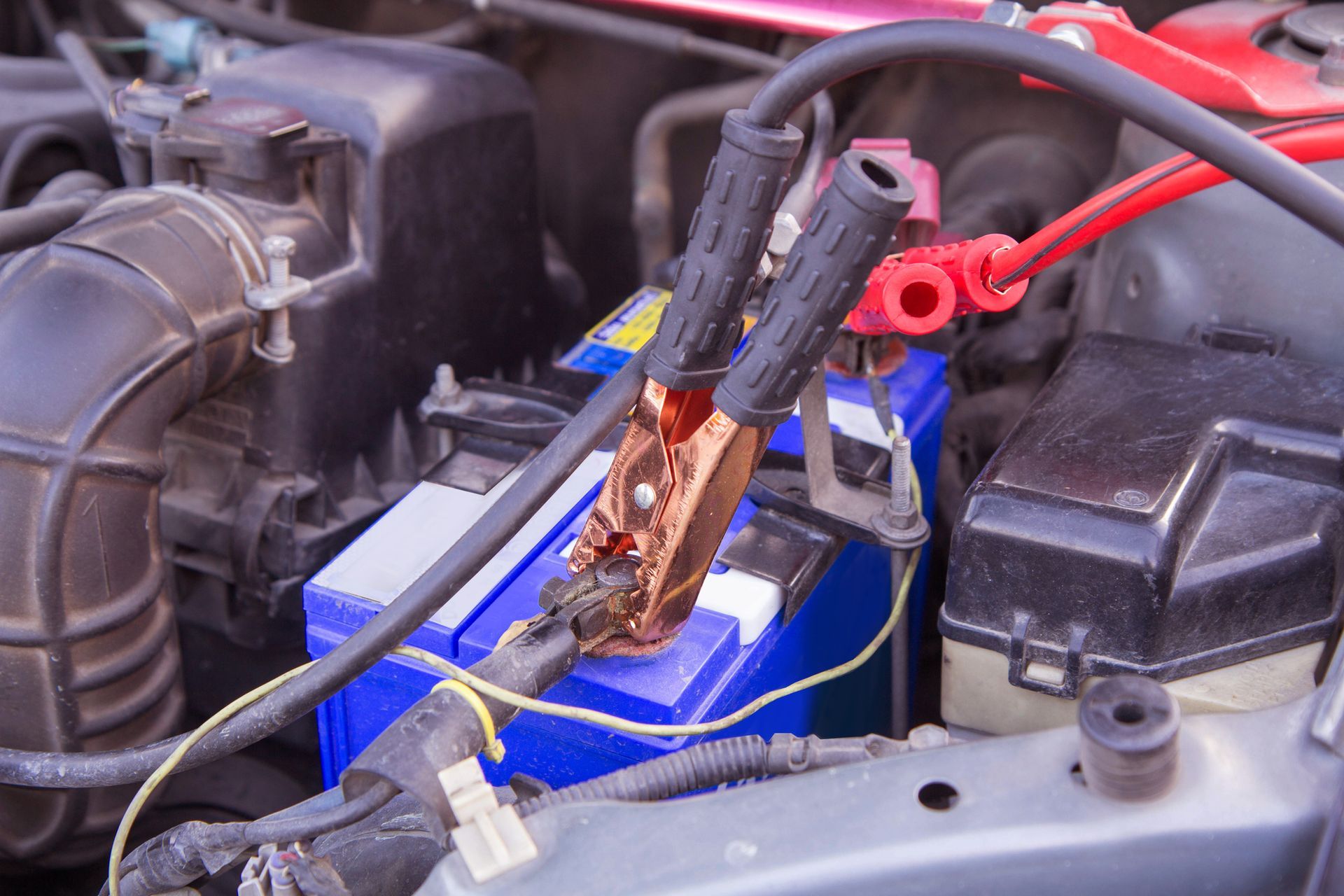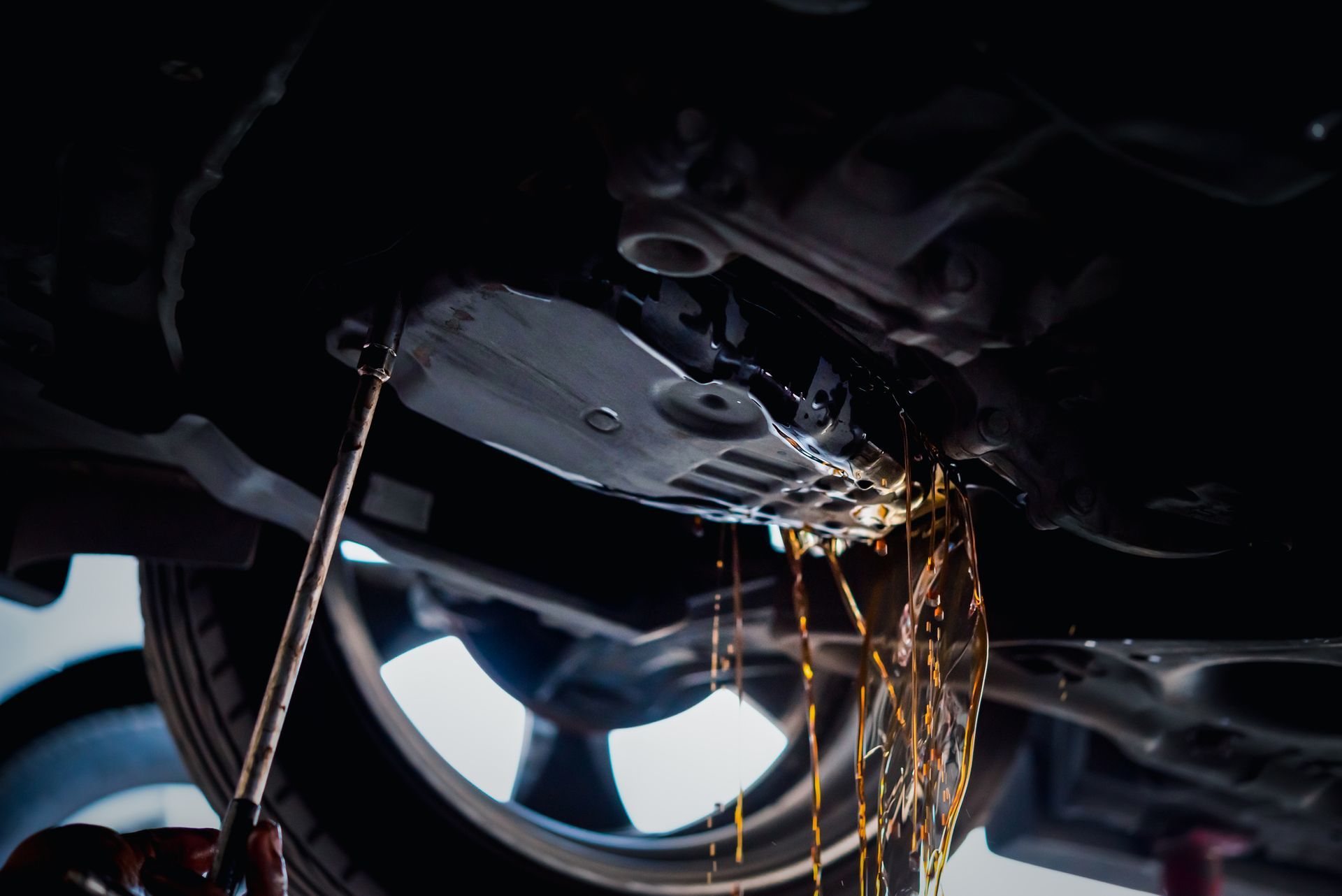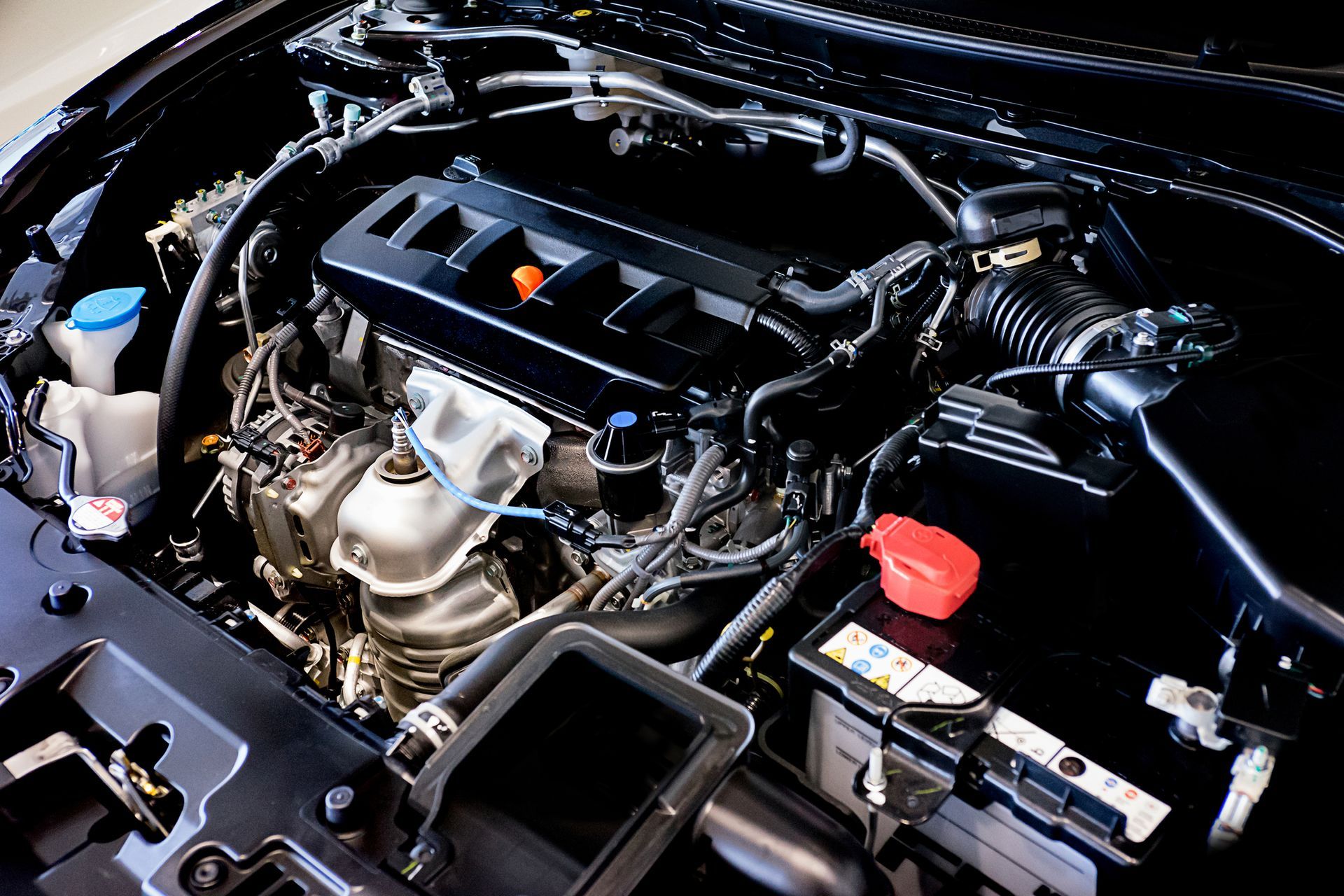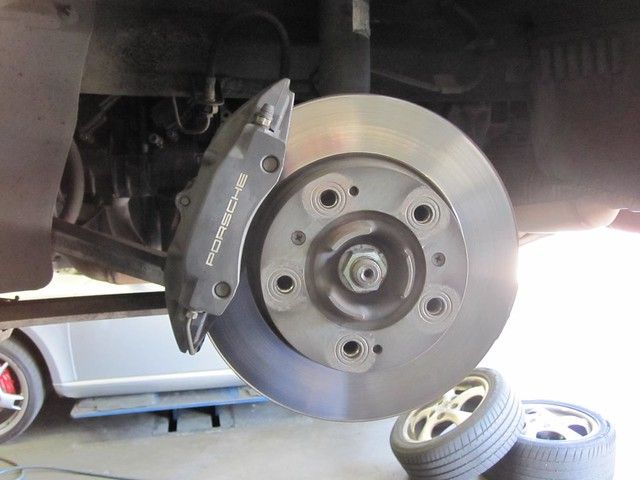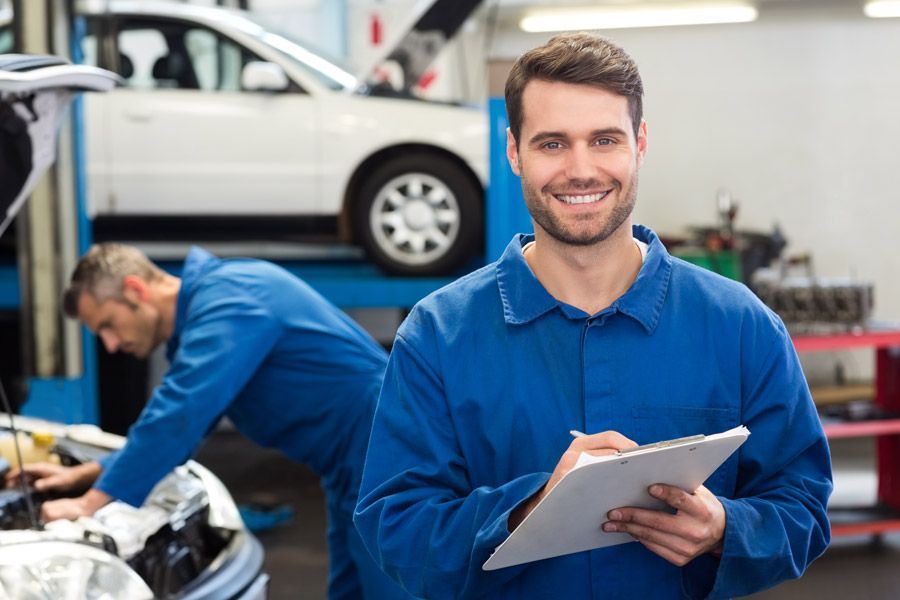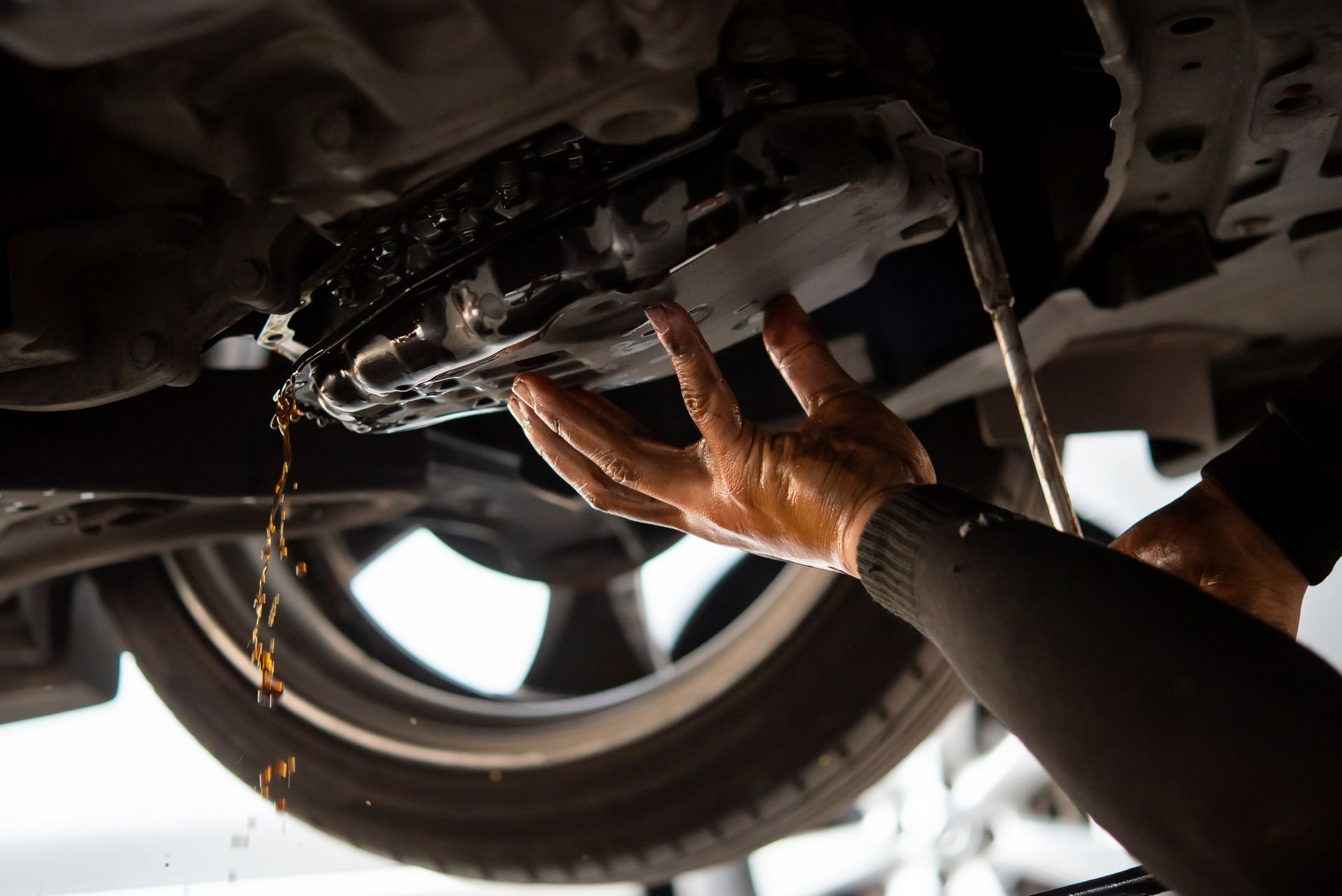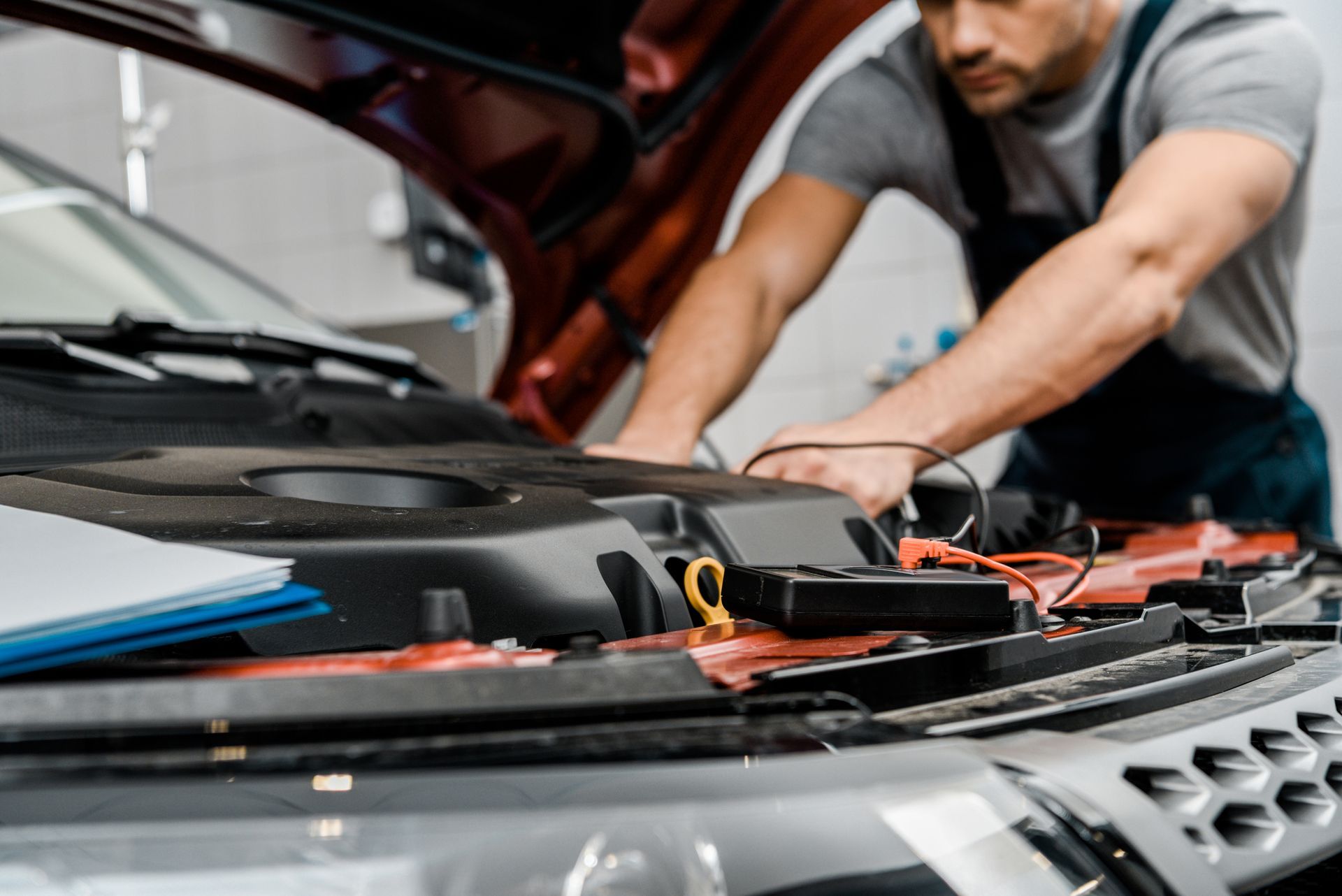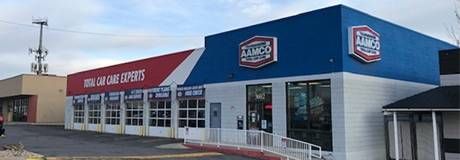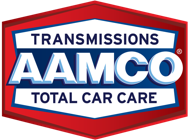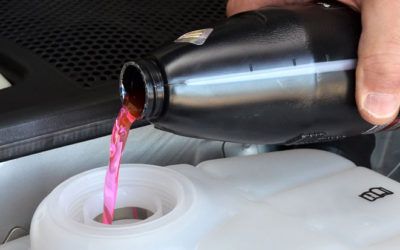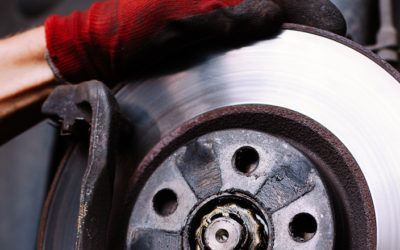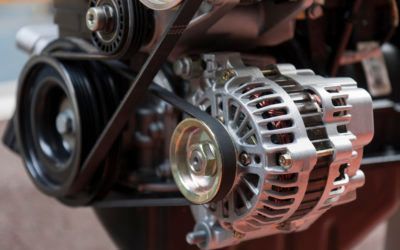Got drips? The most common cause of fluid drips under your car is engine oil but it’s also possible you could have a coolant leak. If you check the level of your coolant, you may find that there’s less than there should be. Your car’s cooling system is closed, meaning...
read moreTips to Increase the Lifespan Of Your Car
Want To Keep Your Car Running Longer?
Everyone wants to minimize expenses and extend the lifespan of their car. The trick is putting in the work to make both possible. If you want to keep your car running optimally for years to come, it’s best to keep up with regular maintenance and pay attention to your driving habits. Both will have a big impact on the health of your car and keep you from having to pay for expensive auto repair services.
How You Drive Affects The Health Of Your Car
Your driving habits have a big impact on how fast parts that keep your car running will wear out. By paying attention to and minimizing certain tendencies, you can minimize auto repair costs and keep your car running longer.
City Driving
Though you can’t necessarily avoid city driving when you live in a city, stop and go driving is harder on your car. First of all, it wears down your brakes faster because you have to use them so much more than when driving on highways. This is even more true when you follow cars too closely and have to brake harder to stop in time.
City driving also causes more strain on your transmission , both by wearing down parts faster and by potentially causing your transmission fluid to overheat. Your car generally runs at higher RPMs when you have to start and stop frequently, cycling through lower gears. This is much harder on parts within your transmission than more steady driving at a lower RPM

Aggressive Acceleration & Braking
Along with city driving, if you generally are heavy on your pedals, expect parts of your car to wear out faster. When you accelerate aggressively, you’re forcing your car to use higher RPMs to speed up faster. This counts for more than just city driving if you enjoy revving your engine to speed past other cars on the highway.
Likewise, the harder and more often you brake , the faster they’ll wear out. The frequency of braking with city driving will automatically take its toll but if you are in the habit of slamming on your brakes instead of coming to a stop more gradually, expect to have more maintenance on your brakes.
Heavy Towing
Some cars are made to tow. Even if yours is built to carry heavy loads, be aware of the recommended limits and follow them. Towing any load will be harder on your brakes because you have added weight to bring to a stop. But towing is also hard on your transmission and if you carry too heavy of a load, it will cause extra strain on your transmission. Transmission repairs are not cheap but if you take good care of your transmission, you won’t have to worry about too many expensive trips to the mechanic outside of regular servicing.
The Best Thing You Can Do Is Keep Up with Regular Car Maintenance
Not everyone is great about keeping up with regular services but if you do, you can expect your car to run better for longer.
Regular Oil Changes
The mileage between suggested oil changes varies depending on your primary type of driving. If you’re doing a lot of city driving, you should aim to get your oil changed every 1,000-3,000 miles. If you do a lot of highway driving, that mileage can go up as high as every 10,000-15,000 miles.
A better gauge for how often to get your oil changed is time. In general, you should take your car for an oil change every six months. Oil degrades over time, so replacing it twice a year will keep your engine running optimally and prevent extra wear on parts that keep your car running.
Seasonal Inspections
Each season is hard on your car for different reasons. Regardless of the season, you should schedule your car to be serviced twice a year – but s cheduling around the seasons will both keep you regular and help get you prepared. In winter you want to make sure your battery, tires, and brakes are working at their best. Heading into summer, you want to get your AC, cooling system, and other fluid levels checked. Keeping up with these inspections will make sure small issues don’t turn into expensive auto repair fees.
Try a Tune-Up
Over time, parts will gradually wear out. If it’s tough to start your car, your engine doesn’t run like it used to, or you find your car stalling more often, you should think about getting a tune-up. Keeping up with this car maintenance service will catch problems while they’re small and prevent expensive repair services. Tune-up services are even more important with older cars or if you regularly tow heavy loads.
Tires & Wheels
Getting new tires is expensive. Although it’s necessary every so often, you can minimize the frequency by checking your tire pressure regularly and maintaining proper levels. You can do this yourself or by taking your car in for regular maintenance – plus many modern cars have tire pressure sensors that will alert you when your tire pressure is outside the normal range. Maintaining proper tire pressure will prevent blowouts, as well as improving your gas mileage and generally how your car handles.
Brake Services
Keeping an eye on your brakes, brake fluid and rotors will both prevent expensive repairs and prolong the life of your car. If you don’t wait for drastic signs your brake pads have worn out, you can avoid having to change your rotors too often.
Want Your Car To Run Better For Longer?
AAMCO Utah is Here to Help With Car Maintence
Whether you have a necessary car repair service or just need to carry out recommended car maintenance, AAMCO Utah’s 10 locations have you covered. Basic car maintenance services are often overlooked but keeping up with them helps your car and your wallet.
Need to schedule your next car maintenance service? Book your next appointment online today.
Find your local AAMCO Utah
More from our Blog
My Brakes Feel Sticky – What Does This Mean?
Brakes suddenly feel like they stepped in some gum? It’s inconvenient when you’re walking – it’s even more inconvenient, and also unsafe, when it’s your brakes sticking. Sticky brakes can lead to some serious brake repairs, so it’s important to get them checked out...
read moreHow Often Should I Get an Oil Change?
The short answer – there’s no standard answer for when you should get an oil change. While there are general guidelines, it’s best to think about your car more specifically because there are a lot of factors that contribute to when you’ll need another oil change....
read more5 Essential Car Care Tasks for When the Weather Gets Cold
When the weather outside is frightful, the last thing you want is car trouble. Every time of the year comes with its own set of seasonal car care services you should check off your list to keep your car running well. As winter approaches, it’s a good idea to start...
read moreHelp! My Car Will Only Go in Reverse
You get in your car, start the engine, and shift into Drive – but your car will only back up. What’s the deal? Unfortunately, the culprit is most likely your transmission, meaning you could have a big car repair to deal with. Fortunately, the mechanics at AAMCO Utah...
read moreTop Three Ways Cold Weather Can Affect Your Car
Cold, harsh winter weather is hard on more than just your nose and fingers. Proper winter care takes into account what cold weather specifically does to different parts of your car. Winter roads are notoriously hard to drive on once snow and ice hit, so you want to be...
read moreIs My Alternator Failing? Signs to Watch Out For
Have you started noticing odd flickers and strange noises while driving your car? You’re not making it up and your alternator could be the culprit. Simply put, your alternator converts power from your crankshaft into electricity that helps power important systems in...
read moreBook an Appointment

Navigate our Blog
Recent Posts
The post Tips to Increase the Lifespan Of Your Car first appeared on AAMCO Utah Transmission Repair and General Car Repair.
Share
